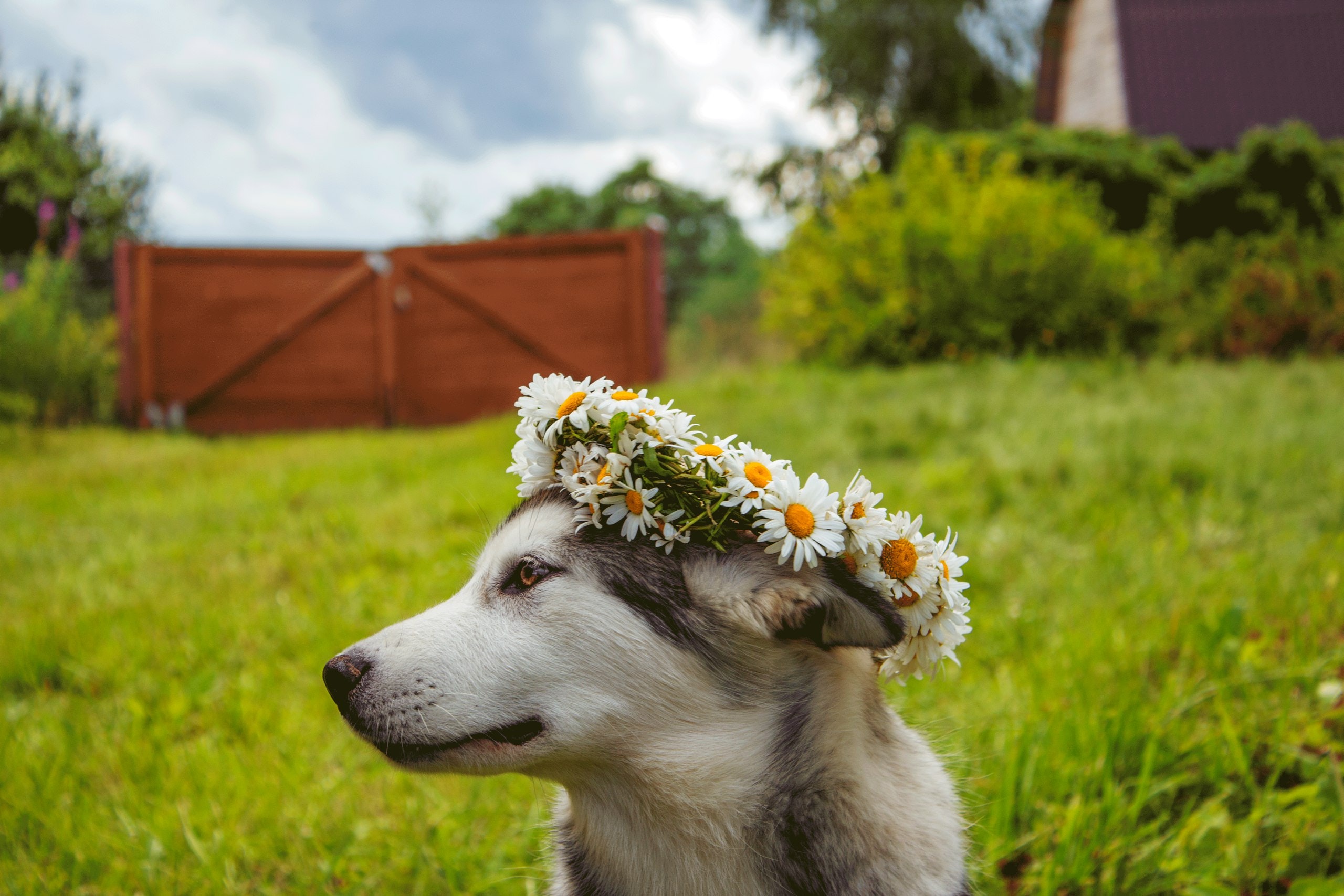If you’re a dog owner, you’ve probably encountered a frustrating and confusing situation: your beloved furry friend peeing on your bed. It’s not only an inconvenience to deal with, but it can also leave you wondering why dogs engage in this behavior. In this blog post, we’ll delve into the reasons why dogs pee on beds, providing you with insights that will help you understand your canine companion better.
First and foremost, it’s essential to recognize that dogs are not deliberately trying to ruin your bedding or upset you. Dogs communicate through scent, and urinating on a bed can have several underlying reasons, many of which are instinctual. Let’s explore some of the common explanations for this behavior.
Marking their territory
Dogs have a strong instinct to mark their territory, and your bed might be seen as an extension of their domain. By urinating on your bed, dogs leave their scent, signaling to other animals that this space is theirs. Particularly if you have multiple dogs or live in a multi-pet household, this behavior can be an attempt to establish dominance or reinforce their presence within the pack.
Anxiety and stress
Just like humans, dogs can experience anxiety and stress. Changes in their environment, such as moving to a new house, the arrival of a new family member, or even a change in routine, can trigger anxiety in dogs. One way they may cope with these emotions is by urinating on comforting items, such as your bed. This behavior can offer them security and familiarity in an otherwise uncertain situation.
Medical issues
In some cases, the cause of your dog peeing on the bed could be an underlying medical condition. Urinary tract infections, bladder stones, or even incontinence can lead to accidents on the bed. If you notice your dog frequently urinating in inappropriate places, it’s crucial to consult with your veterinarian to rule out any potential health issues.
Now that we’ve explored the possible reasons behind this behavior, you might wonder how to prevent or address it. Here are a few tips to help you tackle the issue:
1. Establish a routine:
Dogs thrive on consistency, so establishing a routine for feeding, exercise, and bathroom breaks can help reduce anxiety and minimize accidents. Stick to a schedule that works for both you and your furry friend.
2. Provide ample opportunities for outdoor bathroom breaks:
Make sure your dog has plenty of opportunities to relieve themselves outside. Taking them out for regular walks and providing consistent outdoor access can help channel their bathroom needs appropriately.
3. Create a designated sleeping area:
Consider creating a designated sleeping area for your dog, such as a comfy dog bed or crate. Providing them with a cozy and personalized space can help them feel secure and reduce the likelihood of them seeking comfort on your bed.
Remember, patience and understanding are critical when dealing with unwanted dog behaviors. Punishment is not a practical solution and can worsen the situation. Instead, focus on positive reinforcement and reward-based training to encourage desired behaviors.
In conclusion, understanding why dogs pee on beds is an essential step toward addressing this behavior. By recognizing the instinctual nature of marking territory, acknowledging anxiety and stress triggers, and considering potential medical issues, you can work towards finding a solution that benefits both you and your furry friend. With patience, consistency, and love, you can navigate this challenge and continue fostering a strong and healthy bond with your beloved canine companion.
[/fusion_text]



